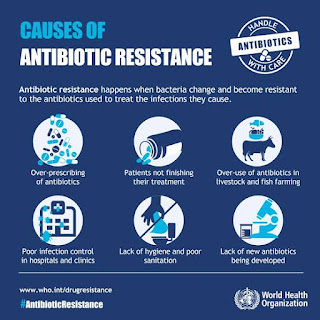CAN DIABETICS EAT SUGAR?

Written by: Pharm. Peter Gbuchie This question seems tricky; the answer to it will not be a direct one. Thus people who ask this question may not fully understand what diabetes means but may know a little about it. That is why half knowledge seems dangerous. So on whether diabetics can eat sugar is an answer that should be given with caution to prevent people from abusing it, it is important to state here that every human being needs sugar to perform his or her normal basic duties, even the diabetics too needs sugars. Sugars should not be seen as something evil or dangerous since it is useful to the body. It provides the body with energy, do you know that without sugars (glucose) you will be finding it difficult to read this article talk less of comprehending it. So the right question should be: What type of sugars and how much quantity of it should diabetics take? It is highly recommended for them to take natural sugars and avoid synthetic ones like the fruit juices and sw

